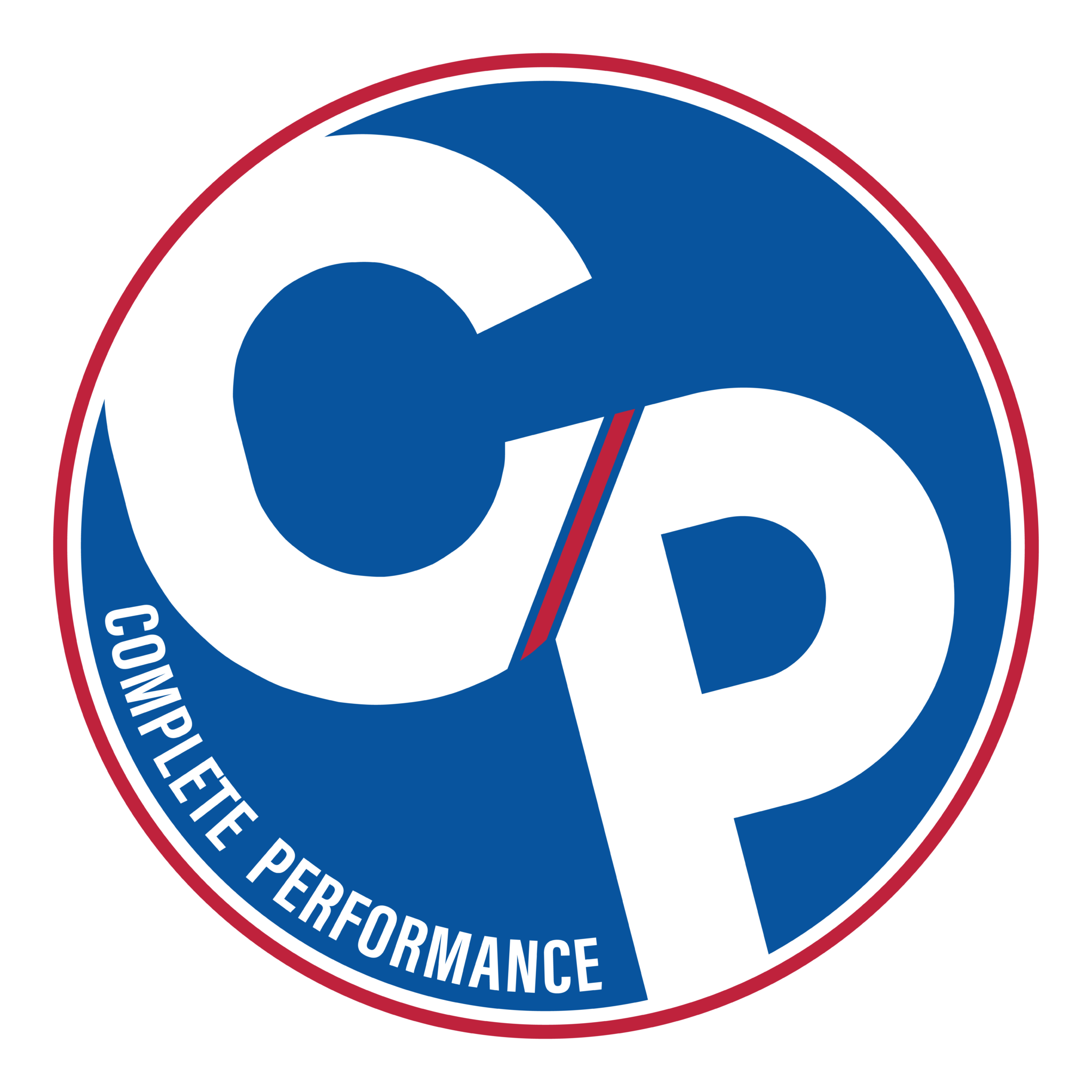In our last blog on sports performance, we talked about the essentials of power development. You can find that link here
Today, we’re going to go a little bit more in depth with how we get that power to transfer the best.
SAID Principle
The SAID principle is going to be our bread and butter in helping us determine how well an exercise is going to be transferred from the weight room to the sporting field.
The SAID principle stands for specific adaptations to imposed demands. In simpler terms, our body will get better at doing precisely what we do
We couple the SAID principle with the understanding that power development needs to be plane specific to get the best transfer to help us determine some ideas and things to consider to help you get the best training effect to help you get better for your sport.
Vertical Plane – Jumping Up
First, we will cover sports that require a lot of jumping or vertical motion. Exercises that are going to be the most translatable for basketball, volleyball and football. If you need to vertically jump, movements that push force straight down, exercises like the dead lift, the squat, squat jumps, vertical jumps and assisted jumps are going to be very useful in transferring power in a way that will be useful for the sport demands.
Sagittal Plane – Lateral Motion/Rotation
Sports that require more lateral motion, side to side, and potentially even rotation are going to benefit from some different exercises. Moving side to side will have a better benefit when you do lateral wall pushes, lateral sled pulls, lateral stopping in sprints and some single leg Jumping or deadlift variations with a lateral motion in total. As we move towards the need to rotate to potentially throw a very light implement like a baseball or softball, we want to actually not only move from side to side, but include rotation in our movements, and make sure that we’re not just doing heavy rotation, but working towards the end game of moving a lighter medicine ball, perhaps at a very very high speed to simulate a higher power output, like we would hope to see with a baseball or softball.
Linear Plane – Running/Jumping Forward
Now track and field is another consideration because you are not generally asking them to jump unless you are in a high jump, triple jump, pole vault or long jump, which still require a high amount of linear movement and speed to be successful and so different movements and exercises even there are going to require different movements to be the most transferable. Exercises that we have found to be the most useful after we have built a general foundation of strength and power is moving from double leg exercises like a back squat, or a deadlift into single leg variations across the board, a lot of bounding repetitive jumping exercises were swapping legs like a lunge jump, and eventually we do want to work towards moving forward as we do jumps. Things like hurdle hops or reverse hypers where we get more posterior chain work, explosive nordic hamstring curl exercises and one of our favorites the primetime exercise to really work on explosion and linear force production in your legs.
The Plan
A 30,000 foot view of what we’re trying to accomplish would look something like this. We start fairly generally, but we still want movements to look somewhat like the movements that are going to be required in the sport as strength and the foundation is built. We can improve some velocity in those movements, adding some power output, and then, as the training age improves and the skill of the athlete has gone up, we can get a little bit more fancy. Specifically at certain times to have the most transfer of adaptation from an exercise to a movement to affect the way that they apply force and move in their sport.
Summary
If you wanna jump high you have to do jumping exercises and movements that are similar and start to work faster. If you want to rotate and throw harder, you need to move laterally. You need to rotate and add velocity into that from strength. If you want to run faster, we have to build strength and then transfer that into similar motions.





